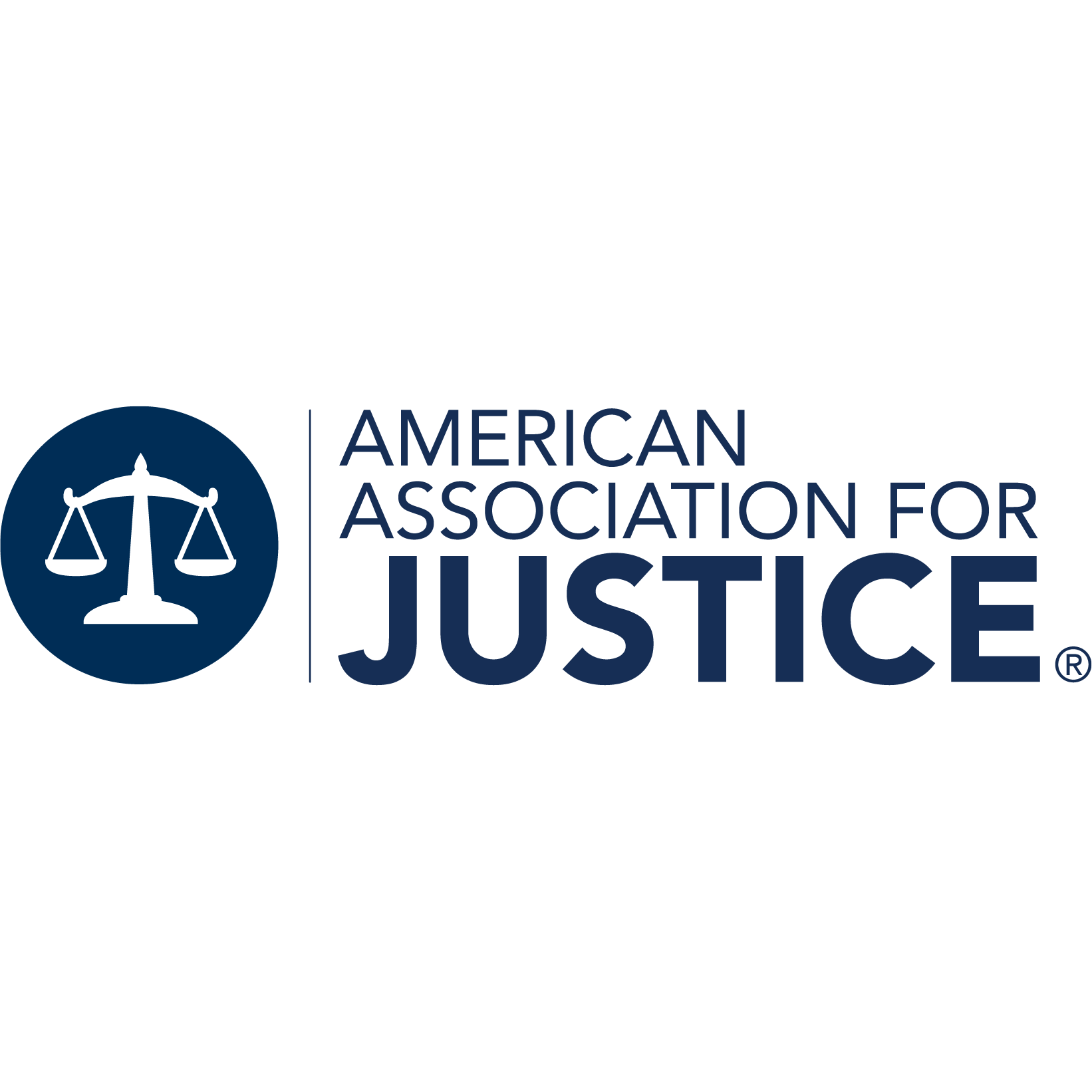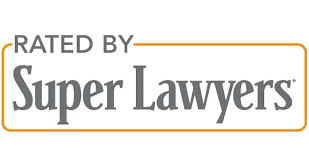Our firm has achieved some of the highest judgments and settlements under the Federal Tort Claims Act across multiple states. With a track record of setting legal benchmarks nationwide, we are committed to delivering exceptional outcomes for our clients.


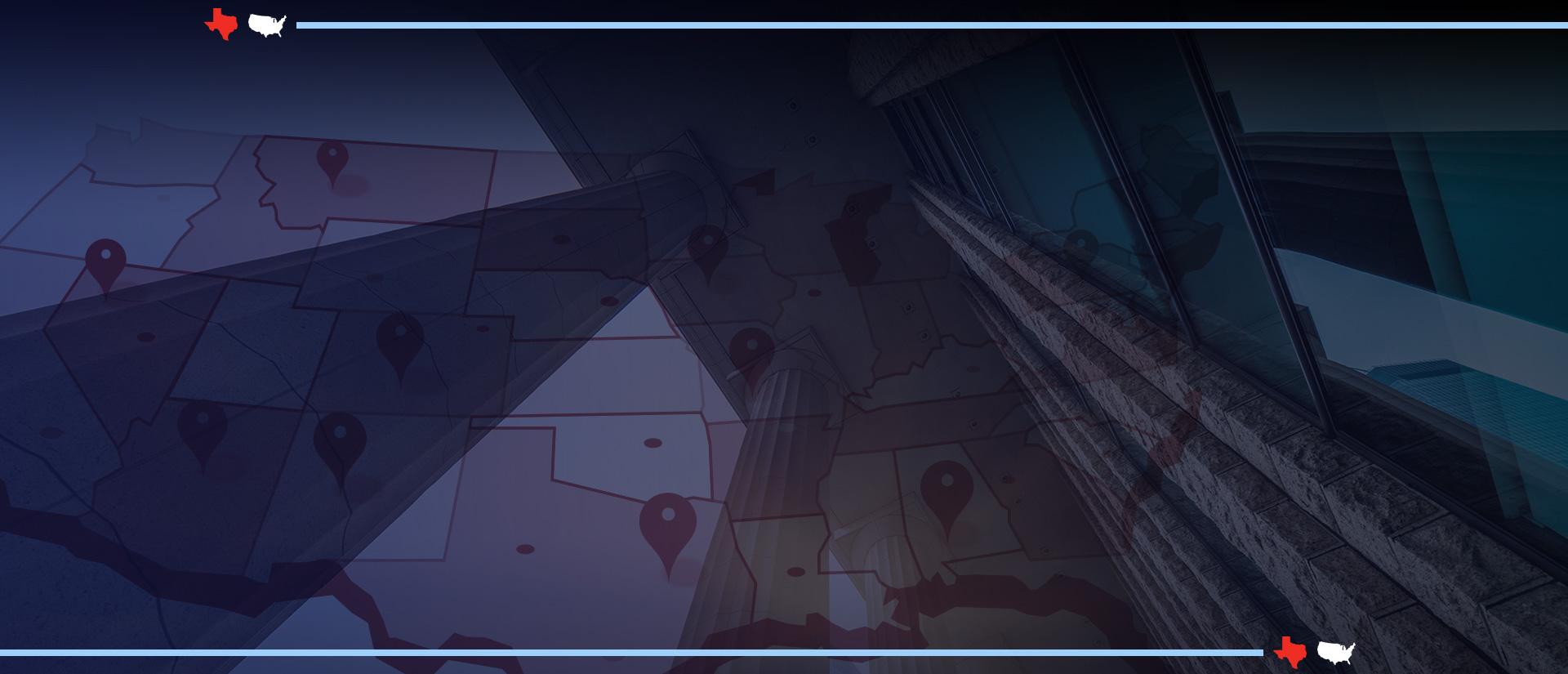
Across the United States
Achieving Justice Nationwide with Unparalleled Verdicts and Settlements
National Trial Law has a storied history of securing landmark verdicts and settlements across the United States. Notable achievements include a $230 million judgment for survivors of the Sutherland Springs Church mass shooting, a $44.7 million trial judgment for a birth injury at an Air Force hospital, and a $21.5 million verdict for a veteran who suffered catastrophic brain damage due to malpractice at the Manchester VA Hospital—the largest personal injury award in New Hampshire history. These results underscore the firm's dedication to holding institutions accountable and delivering justice for their clients.
-
Record-Setting $230,000,000
Trial Win Sutherland Springs Mass Shooting
Highest Verdict and Settlement in FTCA History -
Record-Setting $44,717,681
Trial Win Air Force Birth Injury -
Record-Setting $21,592,643
Trial Win VA Medical Malpractice -
Record-Setting $10,500,000
Settlement VA Medical Malpractice
Who Can Sue?
Anyone can sue if they were exposed to the contaminated water at Camp Lejeune. They have to show several things before they can get a recovery:
- They were exposed to the water for at least 30 days between August 1, 1953 to December 31, 1987
- They have to show that the contaminated water caused them harm
- They must bring their administrative claim within two years after the enactment Camp Lejeune Act of 2022. The Camp Lejeune Justice Act was signed into law on August 10, 2022. Plaintiffs must file a claim by August 10, 2024.
An attorneycan help individuals figure out if they qualify for the Camp Lejeune Act by reviewing their medical records to determine whether their illnesses were caused by exposure to the contaminated water.
Any lawsuit must be brought in the United States District Court for the Eastern District of North Carolina. However, before a lawsuit is filed, you must administratively exhaust your remedies under the Federal Tort Claims Act (FTCA).
Call our firm at (833) 913-1885 to get started on your case today.

What Caused the Contaminated Water at Camp Lejeune?
The drinking water at Camp Lejeune was contaminated with industrial chemicals between 1953 to 1985.
These chemicals included:
- Benzene
- Industrial solvents trichloroethylene (TCE)
- Perchloroethylene (PCE)
- Industrial solvents.
The Tarawa Terrace and Hadnot Point water treatment plants were the primary sources of the contaminated water. They were contaminated by dry-cleaning establishments and on-base industrial activities.
These plants provided water to enlisted families, barracks of service personnel, administrative offices, schools, recreational areas, hospitals, and other areas. These chemicals are known to be harmful to humans.
How Can You Be Exposed to the Contaminated Drinking Water?
Studies have shown that on top of drinking contaminated water, there may be other ways to have been exposed.
For example, bathing, showering and other daily activities can cause exposure because TCE and PCE (and other solvents) can evaporate into the air (volatilize) when present in hot water used for bathing, showering, or washing dishes or clothing and can then be inhaled.
Get started on your case today by calling our firm at (833) 913-1885.
-
PEER APPROVED
More attorneys named Super Lawyers by Thomson Reuters in the “Personal Injury Medical Malpractice: Plaintiff” category in 2014, 2015, 2016, 2017, 2018, 2019, 2020, 2021, 2022, 2023, 2024, and 2025, than any other law firm in Texas (Bill Whitehurst, Chip Brees, Michelle Cheng, Jamal Alsaffar, Laurie Higginbotham and Tom Jacob)
-
RECORD-SETTING RESULTS NATIONWIDE
-
TEXAS ROOTS
Founded in Austin with more than 50 years of trial experience.
-
NATIONAL REACH
National results in complex personal injury litigation.
-
DEEP BENCH
Many experienced lawyers ready to serve you.
-
SE HABLA ESPAÑOL
Our team has multiple Spanish speaking staff members.



.2408191542317.jpg)



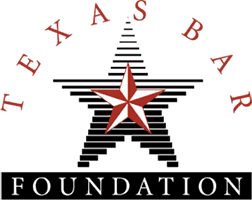

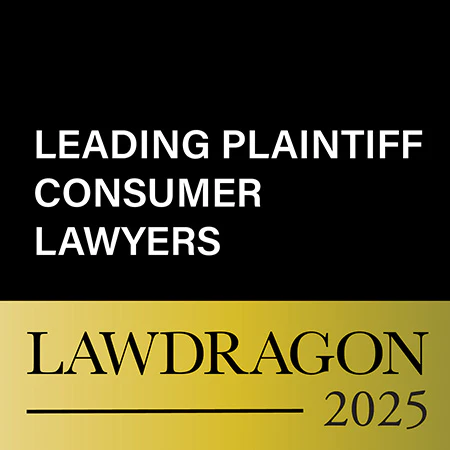
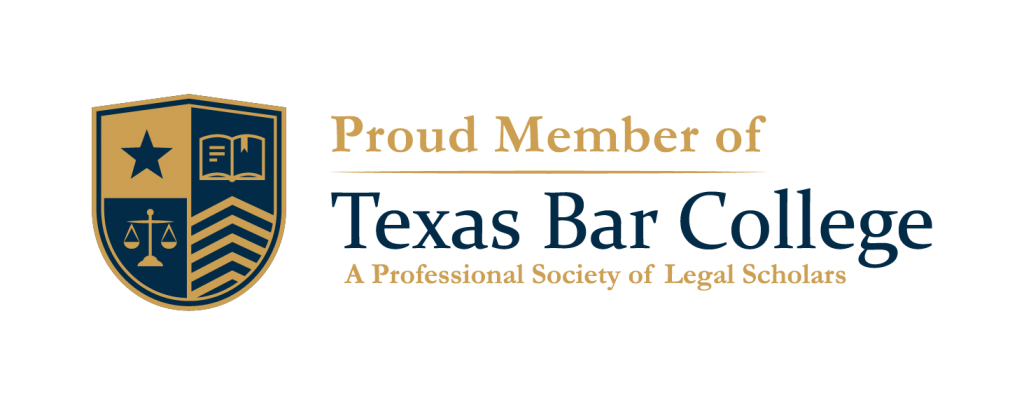
.2504041633274.png)
